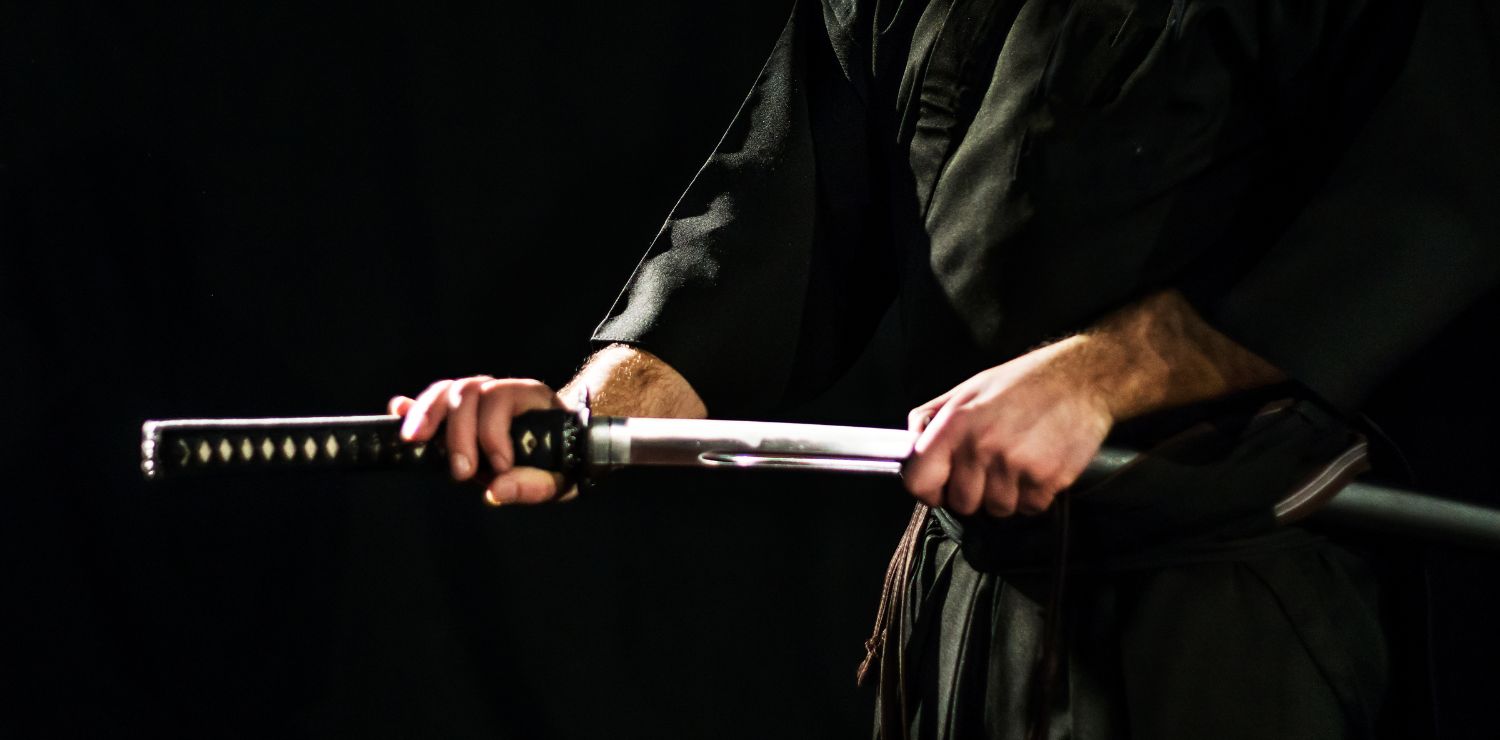The True Story of the Samurai
In Japanese history, samurai are emblematic figures, enigmatic warriors who have real codes of honor and courage. Their fascinating history spans centuries, is truly rooted in the culture and identity of Japan. Let's dive into the world of samurai to meet these true legends.
Origin and evolution
The term ' samurai ' originates from the word 'saburau', which means 'to serve'. Initially, samurai were loyal servants of nobles and feudal lords, tasked with fiercely protecting their lands and maintaining order in medieval Japanese society. Over the years, they evolved into a distinct and specific warrior class, and established their own moral and ethical code that is now known as 'bushido'.
The Bushido Code
Bushido, which clearly means "the way of the warrior," was the code of conduct of the samurai. It emphasized values such as honor, loyalty, courage, righteousness, and self-control. For a samurai, it was preferable to die rather than suffer dishonor. Respect for the code of bushido was above all else.
Weapons and combat techniques
The samurai were true masters in the art of combat. Their most iconic weapon was the katana, a long, sharp sword. They also used other weapons, including the wakizashi (a short sword), the yumi (a Japanese bow), and the naginata (a type of halberd). Their training included not only the handling of weapons, but also hand-to-hand combat techniques, as well as strategic and tactical principles.
The Age of the Samurai
The power of the samurai was reached during the Sengoku period (1467-1603), a period of significant civil wars in Japan. It was during this time that legendary warriors such as Miyamoto Musashi and Oda Nobunaga emerged, and left their mark on history with their military exploits and political influence.
The Decline and End of the Samurai Era
In the early 17th century, Japan experienced a period of incredible peace under the Tokugawa regime. As the wars ended, the samurai's role in society began to diminish in importance. Political and social reforms reduced their power and influence, forcing them to struggle to adapt to a changing world.
Legacy and influence
Although the era of the samurai is long gone, their legacy lives on in modern Japanese culture . Their code of honor continues to inspire and fascinate, both in Japan and around the world. Films, novels, video games, and artwork continue to celebrate the samurai’s epic, testifying to their immortal status in the collective imagination.
Conclusion
The samurai remain icons of courage, discipline, and devotion. Their captivating story resonates through the ages, reminding future generations of the timeless virtues of courage, loyalty, and honor. In an ever-changing world, the spirit of the samurai continues to shine as a beacon of wisdom and inspiration for all who aspire to excellence and greatness.







Discover the Art of Sushi: An Exploration of Japanese Flavors
Everything you need to know about bread knives